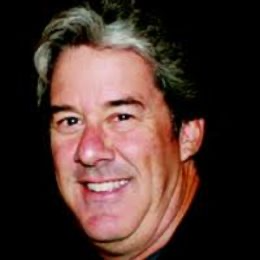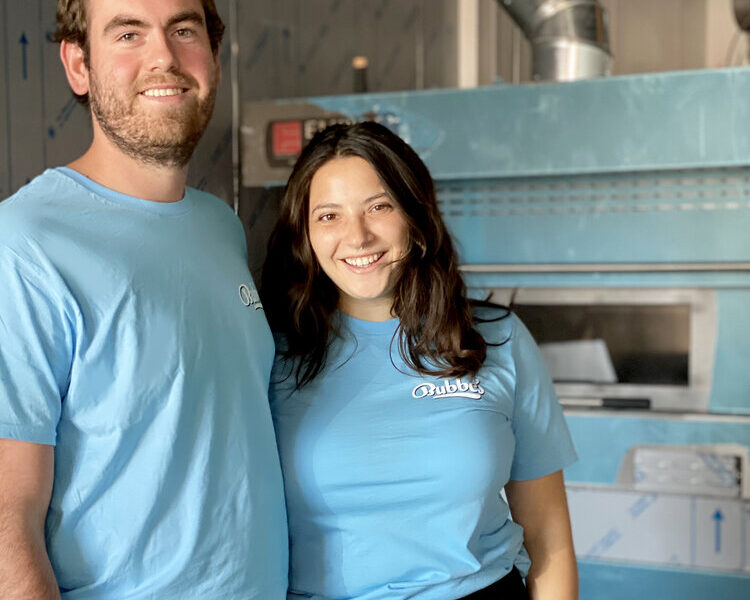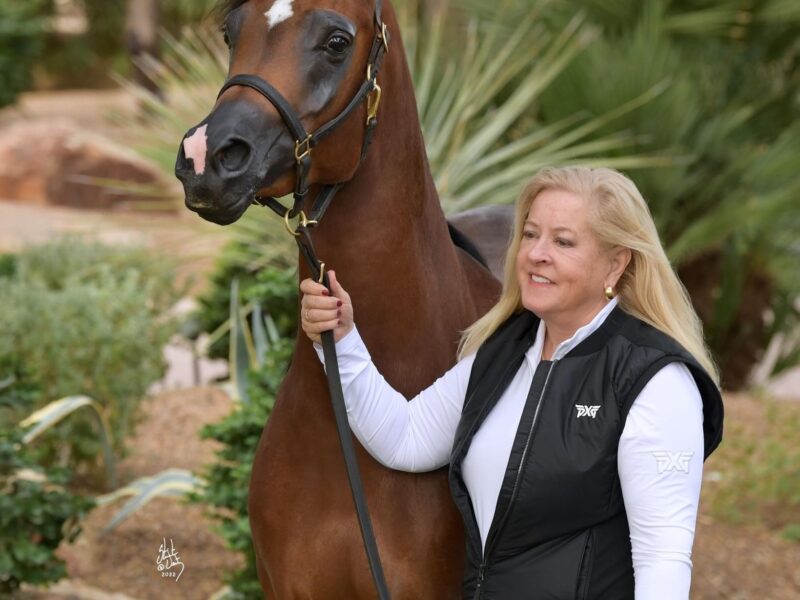There are quite a few stereotypes about Jewish mothers floating around, but here’s one of the more familiar ones: “I want my son/daughter to be a doctor or a lawyer.” You can almost hear your mother’s voice, can’t you? Oy vey.
Stereotypes aren’t just created out of the ether. The thing is, many Jewish mothers do want their children to grow up and become successful, and most of the time the profession of choice is something in either the medical or legal field. Nothing wrong with that, right?
THE DOCTOR
Meet Mark Gettleman, or as he’s more commonly known, Dr. Gettleman. Yes, he’s a doctor, but he doesn’t see the stereotype come into play as often these days. “I’m not sure if Jewish moms still push for ‘my son, the doctor,’” Gettleman says. “I actually see a lot of lower-income moms seem to encourage this, but ones that have closer contact to these professionals do not seem as likely to promote this idea.”
It seems some of the luster that shines on the medical and legal fields may have dimmed a bit in recent years, at least according to Gettleman. “[It’s] a lot like the house on the hill which looks like a dream from afar, but up close the cracks and peeling paint show. A generation or two ago, a physician was one of, if not the, most respected professions. The doctor was seen as a pillar of the community.”
But today, Gettleman feels things are different. “Now with the advent of the Internet, the amount of information (and misinformation) is rampant,” he says. “No longer is the doctor the foremost authority on health care. For good and bad, there are many competing ideas available to anybody. So now a doctor’s advice may be considered wrong, as often as right, by any individual patient.”
So what is it, then, that makes Jewish mothers (and fathers, too) strive to insert their children into these professions? Well there’s an obvious answer: money, aka financial security. However, Gettleman doesn’t think that’s as much of a reality anymore. “And, by the way, the monetary benefit has diminished greatly,” he clarifies. “A physician will always be able to feed and clothe their family, but the idea of the rich, golfing, country club doctor is becoming harder to find. The number of hours of work is increasing, as is the overhead and malpractice insurance. Meanwhile, reimbursement is not keeping pace.”
That’s not to say the future is bleak for doctors and maybe mothers should change their tactics. “My advice boils down to finding a job you will enjoy on a day-to-day basis,” Gettleman explains. “I know many people with a lot of money who are miserable because they dislike what they do every day. They made the decision because they wanted to fulfill mom’s dreams, or to live a like a king.” By focusing on the realities of the profession instead of the fantasies, there may be a more realistic scenario.
THE LAWYER
On the other side of the fence, there’s Eddie Pantiliat, one of the managing partners at Hymson Goldstein & Pantiliat PLLC. He was given a choice when it came to his eventual profession. “I was basically given two alternatives to be a professional: one was a doctor [and the other was] a lawyer,” Pantiliat says and then laughs.
Although the fields were narrowed down, his interests didn’t immediately follow suit. “Well, to be honest with you, I started off wanting to be a professional basketball player in the NBA,” Pantiliat says. “And then, being Jewish, white and under 6 feet, I realized that that was not going to be a reality.” He also dabbled in sports journalism, but eventually gravitated toward law. “I just liked watching legal movies and I was in mock court in high school. I like advocating and speech and debate, and it was kind of natural.”
Although some parents lean heavily on their kids to go into one profession or another, Pantiliat didn’t have that scenario. “It wasn’t pressure, it was more like suggestions that these would be good professions to enter into because they would lead to what some would believe would be a good livelihood — a good way to earn a living.”
Even though he was being guided toward the legal field by his mother, his faith also played a role. “Judaism was the foundation of moral laws and values to civilization through the Ten Commandments,” Pantiliat says. “And I think it’s inherent in our religion that we look to be just and moral in how we deal with our fellow humans and people in our community and so forth. And to act charitably as well.”
As a result, Pantiliat finds himself fighting other stereotypes too, like the ones about lawyers being greedy hawks who just want more money. “You know, the stereotypes about lawyers and the fees that they charge, I mean it’s just unfortunate, but the legal system is just expensive. It’s just set up that way.” He continues, “I believe that most lawyers, including myself, are trying to help people. And that’s really what law is for and what the practice of law is about, is for helping people.”
Although both his parents have passed, his mother did get to see him become a lawyer, and it certainly made her proud. “It used to be, ‘Let me introduce my son, Eddie, the lawyer,’” Pantiliat says.
With the Best of Intentions
We know our mothers only want the best for us, because those of us with our own children only want the best for them. So why would our parents push us into medical or legal professions? Because to their generation, those fields consistently made the most money. More money equals more security, and potentially, more happiness.
As the next generation grows up, we may see a shift in that paradigm. Maybe mothers will start championing software engineering or web design, or another field that doesn’t even exist yet. Who knows, 20 years from now, we may be writing about how all Jewish mothers want their kids to be tennis players or astronauts. “Go into law? Come on, I want my boy to have a solid career. Like a dog walker. Now that’s a career that will make you secure.”





